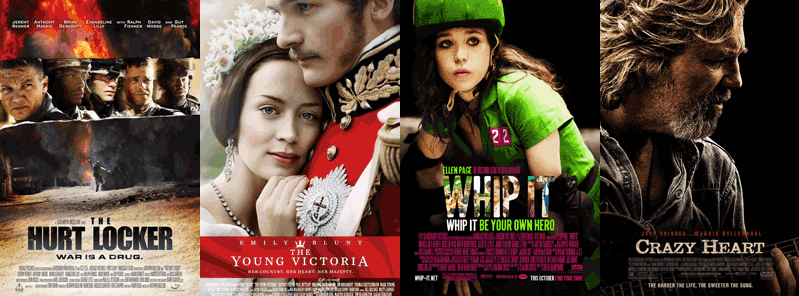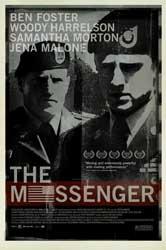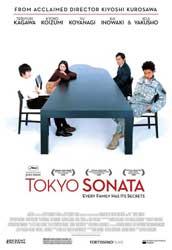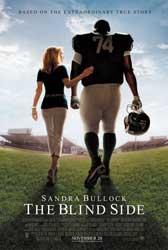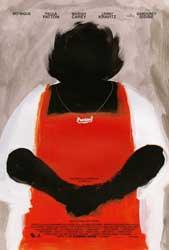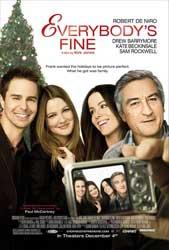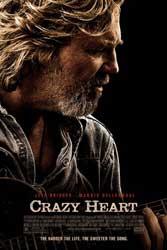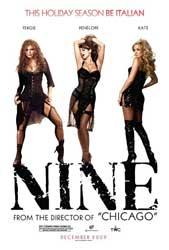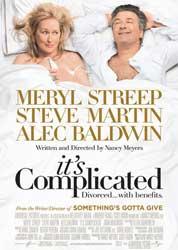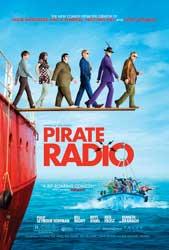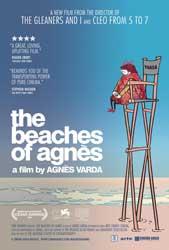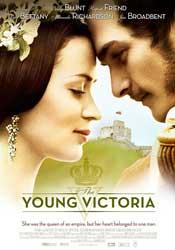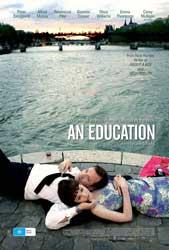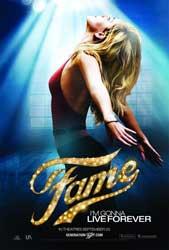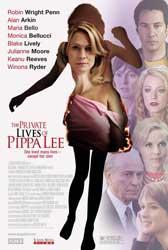“Nine”-Based on the successful musical of the same name and directed by Rob Marshall (“Chicago”), one would think that a very exciting two hours await. But “Nine” doesn’t quite come through, thanks to the absence of character development, the presence of a tepid script, and the slightly stale nature of some of the Broadway production numbers. The cast and musical performers, however, are flawless. “Nine” is a musical meditation on the creative and romantic difficulties of a 1960s Italian director, Guido Contini (Daniel Day-Lewis), who is scheduled to make a new film with the grand title of “Italia.” Unfortunately, Guido, while he has gathered together producers, a cast, and a staff, has omitted to produce a script. The little we know of angst-ridden Contini we learn through Felliniesque scenes of his childhood and romantic/sexual liaisons in the form of musical numbers performed by the women in his life, including his wife, Luisa (Marion Cotillard); his adoring mistress, Carla (Penelope Cruz); his star, Claudia (Nicole Kidman); his costume designer and friend, Lilli (Judi Dench); a provocative American reporter, Stephanie (Kate Hudson), his mother (the glorious Sophia Loren), and Saraghina (Fergie), the woman of the dunes who introduced him and his friends to the possibilities of love and sex. Some of the musical numbers are less than inspiring, including the ones in which Day-Lewis performs, but some are memorable Rob Marshall creations. Among these is one in which Marion Cotillard, as Guido’s frustrated wife, performs a strip of sorts to advise him that the marriage is over. In the other, without a doubt the best scene in the film and one of the best cinematic musical numbers in many a year, Fergie and a gaggle of red-costumed female singer/dancers perform the exciting signature song of the film, “Be Italian,” with a strong rhythmic beat and sand flying in all directions. B (5/8/10) | |

